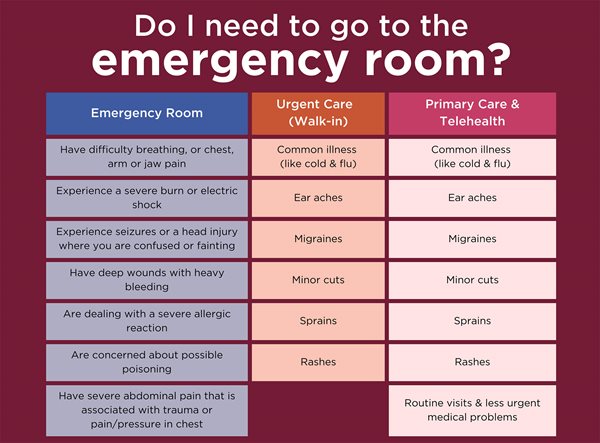One way to reduce the risk of infection, and keep the flu from ruining your holiday plans, is to get a flu vaccine as soon as possible. (Remember: it takes about two weeks after vaccination for it to become effective against the flu virus.)
What is the flu?
The influenza virus – commonly called the “flu” – is a respiratory illness that affects the nose, throat and sometimes the lungs. It’s contagious, and is spread by droplets that spray when a person sneezes, coughs or even talks. A person who’s been infected with the flu can infect others around them before they even begin to feel symptoms themselves.
Flu symptoms can develop quickly, and may include:
-
Coughing
-
Body aches
-
Fever and/or chills
-
Sore throat
Although these symptoms generally last 5-7 days in the majority of people, the cough and tiredness can hang on for more than two weeks after the fever subsides.
Who’s at risk?
Anyone of any age can get the flu, but the Centers for Disease Control (CDC) says the virus can cause serious problems or complications in:
-
Adults ages 65 and older
-
People of any age with chronic medical conditions like asthma, diabetes or heart disease
-
Pregnant people
-
Kids younger than 5 years old
It’s important to know that while you might be outside the risk for serious complications, your family members, friends and co-workers may not.
 Flu shot the best way to reduce risk of illness, death
Flu shot the best way to reduce risk of illness, death
While the flu is a concern every year around this time, this year is shaping up to be particularly bad. The CDC estimates that “so far this season, there have been at least 13 million illnesses, 120,000 hospitalizations, and 7,300 deaths from flu.”
So what can you do to reduce your risk? Get yourself and everyone in your family over the age of 6 months a flu shot.
Flu shot FAQs
If you’ve never gotten a flu shot before, you may have questions or concerns about it. Read through these FAQs to learn more.
Can I get the flu shot and COVID bivalent booster at the same time?
Yes. According to the CDC, it’s safe to get both the COVID-19 and flu vaccines at the same time, so you don’t have to make separate trips.
Is it safe for pregnant people and those who are breastfeeding to get the flu vaccine?
Yes. In fact, it’s recommended those who are pregnant receive the shot as they — and their babies — are at an increased risk for serious complications from the virus. According to the CDC, “Flu shots have been given to millions of pregnant women over several decades with a good safety record.” Read more about which flu vaccines are safe during pregnancy.
Will I get the flu from the flu shot?
No. However, you may feel some mild side effects, just as you do with many vaccines, including soreness at the site of injection, muscle aches, headache or nausea. If you experience more serious side effects, seek medical help.
Is the flu vaccine actually effective?
Yes. Although the rate of effectiveness can vary, the CDC says “recent studies show that flu vaccination reduces the risk of flu illness by between 40% and 60% among the overall population.” While that may not sound like a lot, in 2019-2020, “flu vaccination prevented an estimated 7.5 million influenza illnesses, 3.7 million influenza-associated medical visits, 105,000 influenza-associated hospitalizations, and 6,300 influenza-associated deaths.”
Where can I get a flu shot?
You can talk to your primary care physician to see if they offer the vaccine. The flu shot is also available at most pharmacies, and you can use vaccines.gov to find a pharmacy in your area — just input your zip code. The link will also let you find locations to receive the COVID-19 vaccine.
What should I do if I have the flu already?
First and foremost, stay home. Avoid going to school or work, and if you have to go out in public, make sure to wear a mask. Drink plenty of water, rest and take over-the-counter medications to relieve symptoms. If you're experiencing severe symptoms, you may need to seek medical attention. Check out this guide to help determine if you need to visit the emergency room, walk-in urgent care or your primary care physician.








